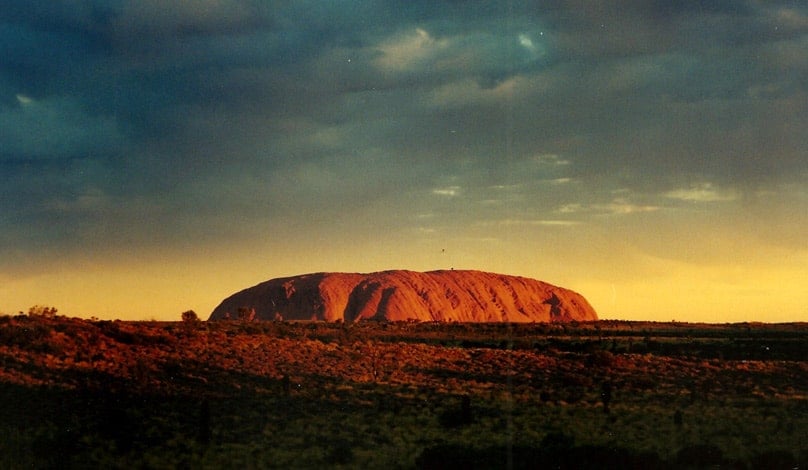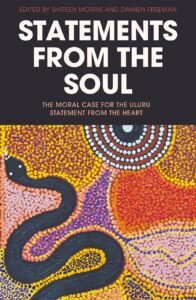
In his foreword to Statements from the Soul, Indigenous elder and intellectual Noel Pearson says the year 2023 will be an uncertain and anxious one, even a fateful one.
The debate over the Indigenous Voice to Parliament in the lead-up to a referendum later this year has been, for the most part, conducted with dignity.
Even so, in the absence of a working model and with bipartisan support sagging, the latest polls are tipping a level of support around 53 per cent.
With Australia’s history of defeating referenda, this makes the prospect of disappointment real, and the future of big-picture Indigenous policy making somewhat parlous.
Little wonder, then, that Mr Pearson writes that the reflections in Statements from the Soul have given him solace and “revived my optimism about the cause to which these great essays are responding.”
Statements from the Soul is a collection of religious reflections on the Uluru Statement from the Heart from a variety of faith traditions.
They are, as with any collection, of mixed quality. Some will speak to Catholics, while others, like those of the Buddhist and Hindu contributors, may be more interesting from the perspective of comparative religion.
Representing the Catholic Church are the Archbishop of Melbourne Peter Comensoli, Fr Anthony Ekpo, adjunct professor and chaplain at the Australian Catholic University’s Rome campus, and Damien Freeman, principal policy adviser at the PM Glynn Institute.

Mr Freeman, one of the co-editors of the book, reminds us that after the Mabo case, it is difficult for us to conceive of the extent to which Aboriginal people were dispossessed of their land.
Even 30 years after Mabo, Christians still hear the “whispering in the bottom of our hearts” that calls us to action.
Archbishop Comensoli likewise reflects on the relational elements of “lifting up our hearts” to Aboriginal Australians.
The Uluru Statement is not a “static utterance to fill a void” but is rather a dynamic invitation to relationship, “an invitation and not as a command,” Archbishop Comensoli writes.
Fr Ekpo likewise describes the Uluru Statement as a “summons to encounter,” in which we are called to exhibit openness and honesty.
Other reflections, including from Anglican Archbishop of Sydney Kanishka Raffel and Fr Antonios Kaldas, offer inter-denominational views.
The essay by Fr Kaldas, a Coptic Orthodox priest who ministers in Mt Druitt, is one of the collection’s highlights.
He offers a sophisticated reflection on strength and weakness, reminding the reader that Christian Copts are the indigenous people of Egypt, and have suffered greatly as a result of invasion and colonisation.
Mr Freeman and his co-editor Shireen Morris have produced a fine collection of reflections on the Uluru Statement that is also a slice of the public theology in vogue today.
Yet despite being subtitled “the moral case for the Uluru Statement from the Heart” the essays don’t tend to engage in thoroughgoing argumentation for, or against, the Voice to Parliament to which the Uluru Statement was intended to lead.
At times I found myself wishing for a strong “ought” to cut through all the debate.
Perhaps the book will help readers to vote later this year. But as the referendum approaches, something more than the rumination of wise guides might be necessary to get the Voice over the line.
Statements From the Soul, ed. Shireen Morris & Damien Freeman. La Trobe Press (2023). 219 pages.
